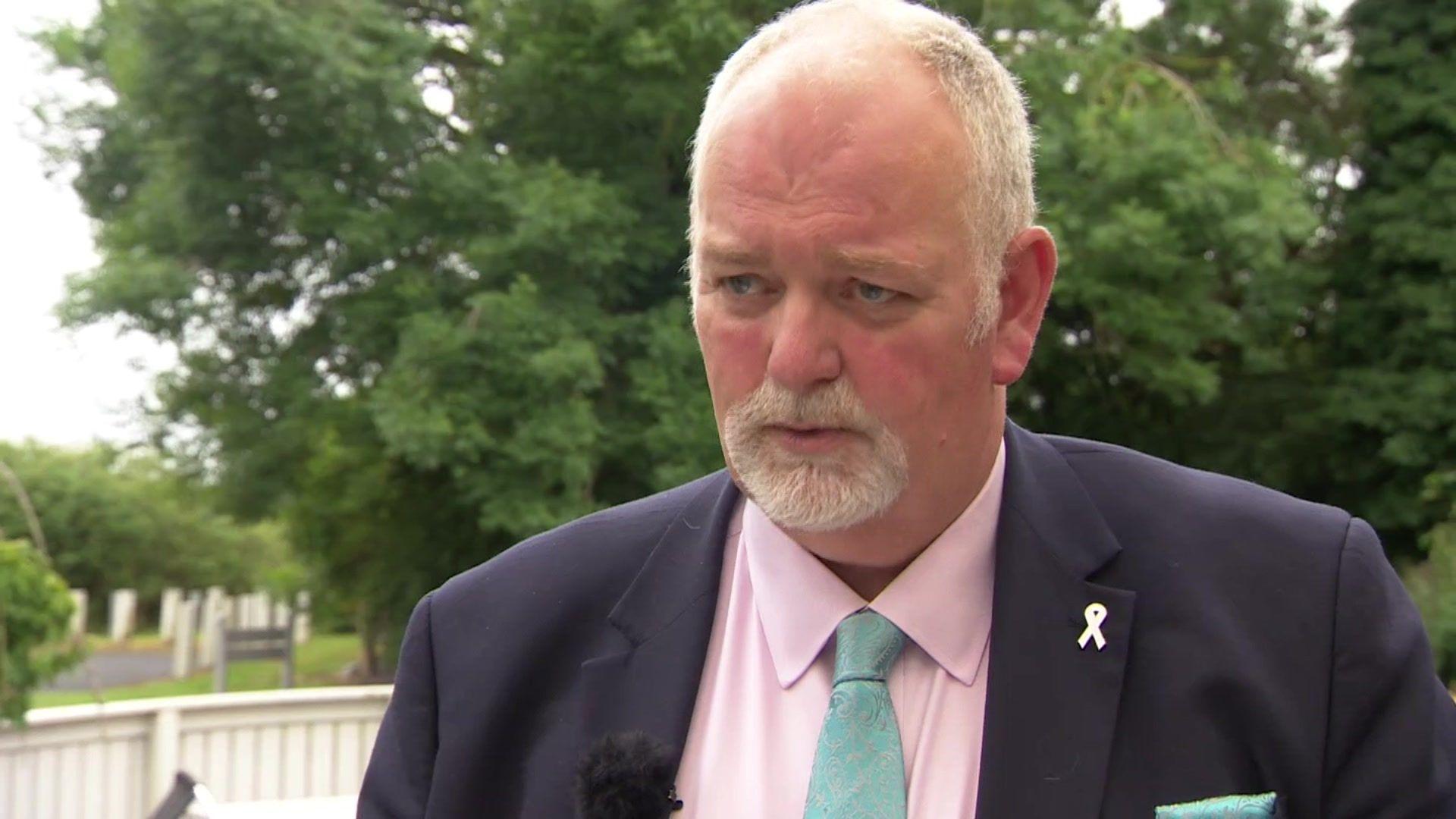Police riot response 'not well planned' - officers
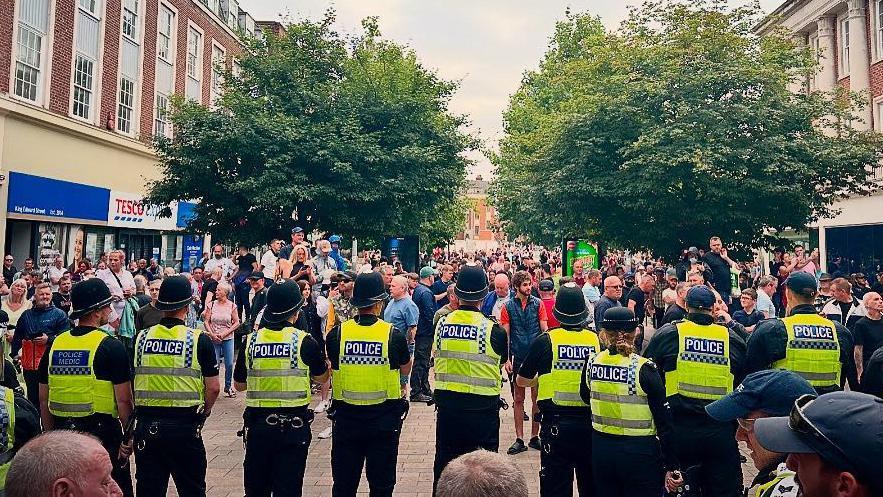
The BBC has been told a lack of leadership at Humberside Police caused "chaos" for officers during the unrest in Hull in August
- Published
Police officers who were subjected to "horrendous attacks" during the Hull riots were sent out with "little support" and were "not prepared enough", officers told the BBC.
Multiple serving officers, of varying ranks, said chief officers at Humberside Police were "invisible" on Saturday 3 August. They allege a lack of planning meant injured officers had to be taken to hospital by off-duty staff in personal vehicles.
A national report said forces were "unprepared" for the disorder following the Southport knife attacks.
Humberside Police said staff had "worked tirelessly" behind the scenes and the "bravery, commitment and dedication" of frontline officers was "exemplary".
Some of those involved in police operations on 3 August, when widespread damage and looting took place in Hull city centre, have raised concerns about the impact it had on their colleagues.
One officer said: "There was anticipation of rioting and violence that weekend. Police officers who were going to be on the front line had their days off cancelled.
"You would expect a chief officer to be physically present, managing the response and supporting officers. They weren't."
Another added: "You would normally see them (chief officers) at some point during a regular weekend – let alone one when intelligence told us it would be tough.
"At first you didn't realise because we were so overwhelmed but when they were invisible on the Sunday too, it became apparent."
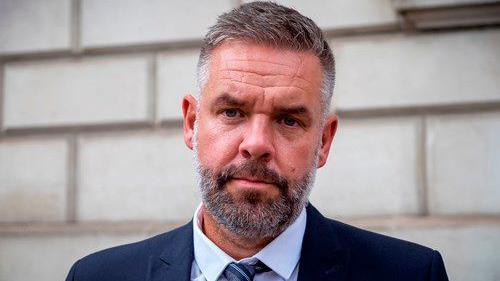
Lee Sims, chairman of the Humberside Police Federation, said officers faced "horrendous attacks" during the disturbance
Officers told the BBC injured colleagues were driven to hospital in personal vehicles and had to sit in their uniforms while they waited for treatment, which the report from His Majesty's Inspectorate of Constabulary and Fire & Rescue Services (HMICFRS) said "shouldn't happen".
Lee Sims, chairman of the Humberside Police Federation, which represents rank and file officers, described how the organisation had offered support.
He said: "We transported the majority of our colleagues to hospital for treatment. This was facilitated by an off-duty colleague in their own personal vehicle.
"They were subjected to horrendous attacks during the protests, when they were just trying to protect the public and keep our streets safe.
"I saw first-hand officers being assaulted; officers being attacked by missiles as a result of mindless violence. This should not be tolerated in any circumstances."
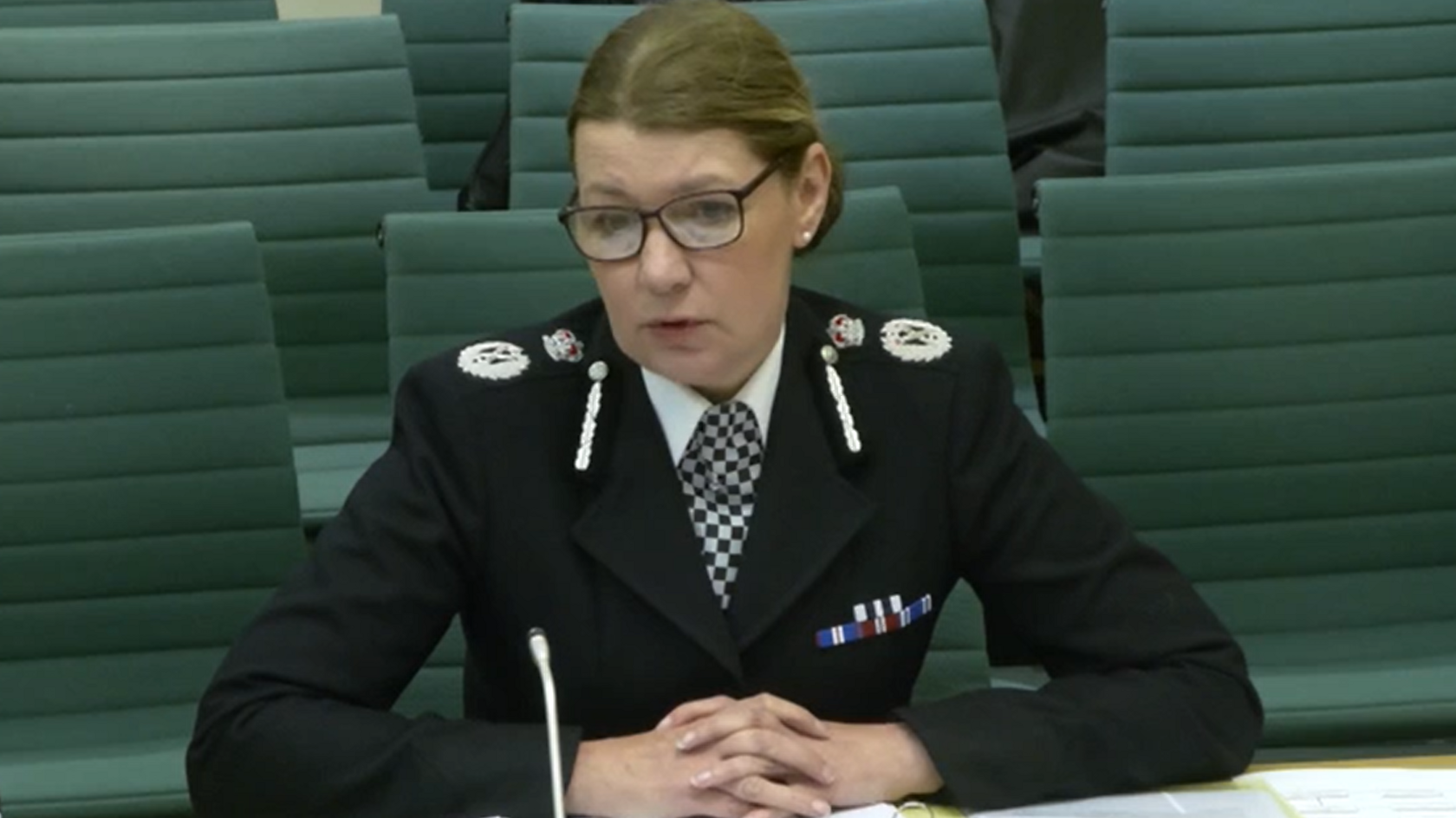
Judi Heaton, interim Chief Constable of Humberside Police, was questioned by MPs about the force's response to the disorder
Deputy Chief Constable Dave Marshall said the force had followed national guidelines on the day of the riots to set up a command structure with a dedicated "gold commander".
He said: "Our planning and response was decisive and robust, with 25 arrests made on the day and many more that followed.
"Ahead of the day, multiple planning meetings and briefings were held based on the known intelligence, with a comprehensive operational plan in place.
"We are extremely proud to have a workforce of this calibre, all of whom are dedicated to serving their public."
He also said the Police Federation had been consulted on logistical and well-being issues to ensure staff were given the right support.
Last week, the interim Humberside Police Chief Constable, Judi Heaton, was questioned by the Home Affairs Select Committee about the force's response to the disorder.
She told MPs her force had initially taken a "low-key approach" to policing on the day but added she had "never seen anything like it" when violence and looting broke out.
Ms Heaton told the committee her senior team "were around" during the weekend and was "not aware" of injured officers being taken to hospital in personal vehicles.
Officers also told the BBC "lots of complaints" about staff welfare had been made following the riots. The Humberside Police Federation said complaints raised to them had been "fed back to the force immediately".
'Total disarray'
In October, the HMICFRS praised the overall performance of Humberside Police and congratulated officers, staff and volunteers for their "hard work" and "success".
However, inspectors also raised "serious concerns" about "instability" in the senior leadership.
One serving officer told the BBC: "The leadership of the force is in total disarray. There is no confidence in it whatsoever."
Another added: "Morale is at an all-time low and leadership is absolutely non-existent.
"Many people don’t feel it is safe to work here anymore. It is making people ill.
"Officers are afraid to speak because they have families and mortgages."
Ms Heaton, who was appointed the force's interim chief constable following the departure of Paul Anderson in June, previously insisted she would "deal with" any cultural issues affecting the force.
Mr Marshall said recent inspection results showed the force was "highly performing" and he believed the "success could not be achieved without a 'one team' ethos".
Listen to highlights from Hull and East Yorkshire on BBC Sounds, watch the latest episode of Look North or tell us about a story you think we should be covering here, external.
Related topics
- Published16 October 2024
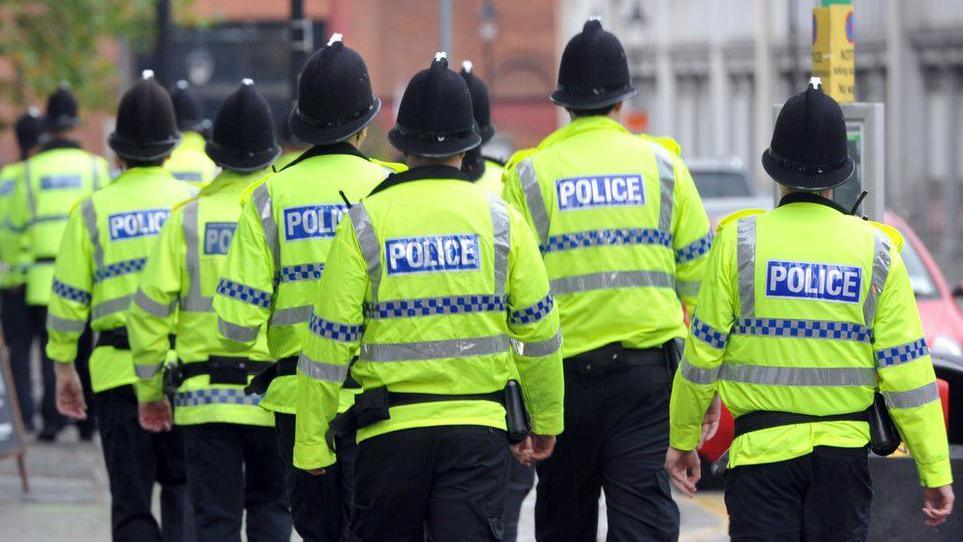
- Published16 October 2024
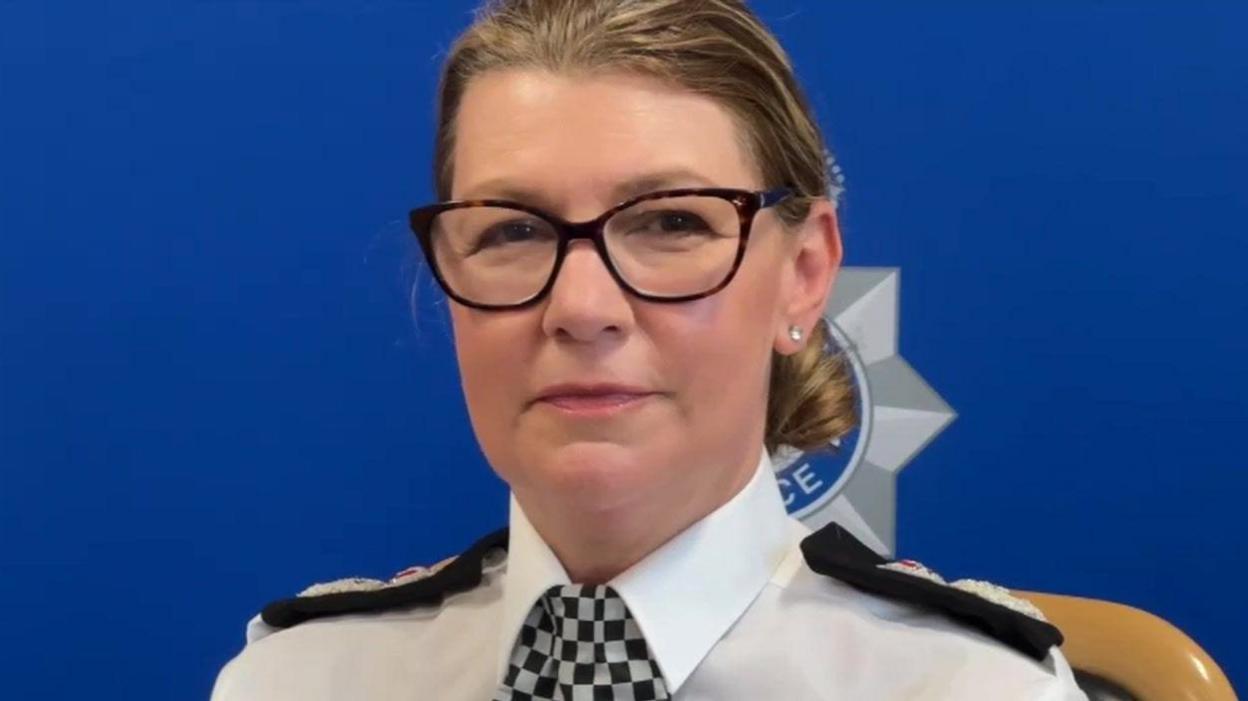
- Published6 September 2024
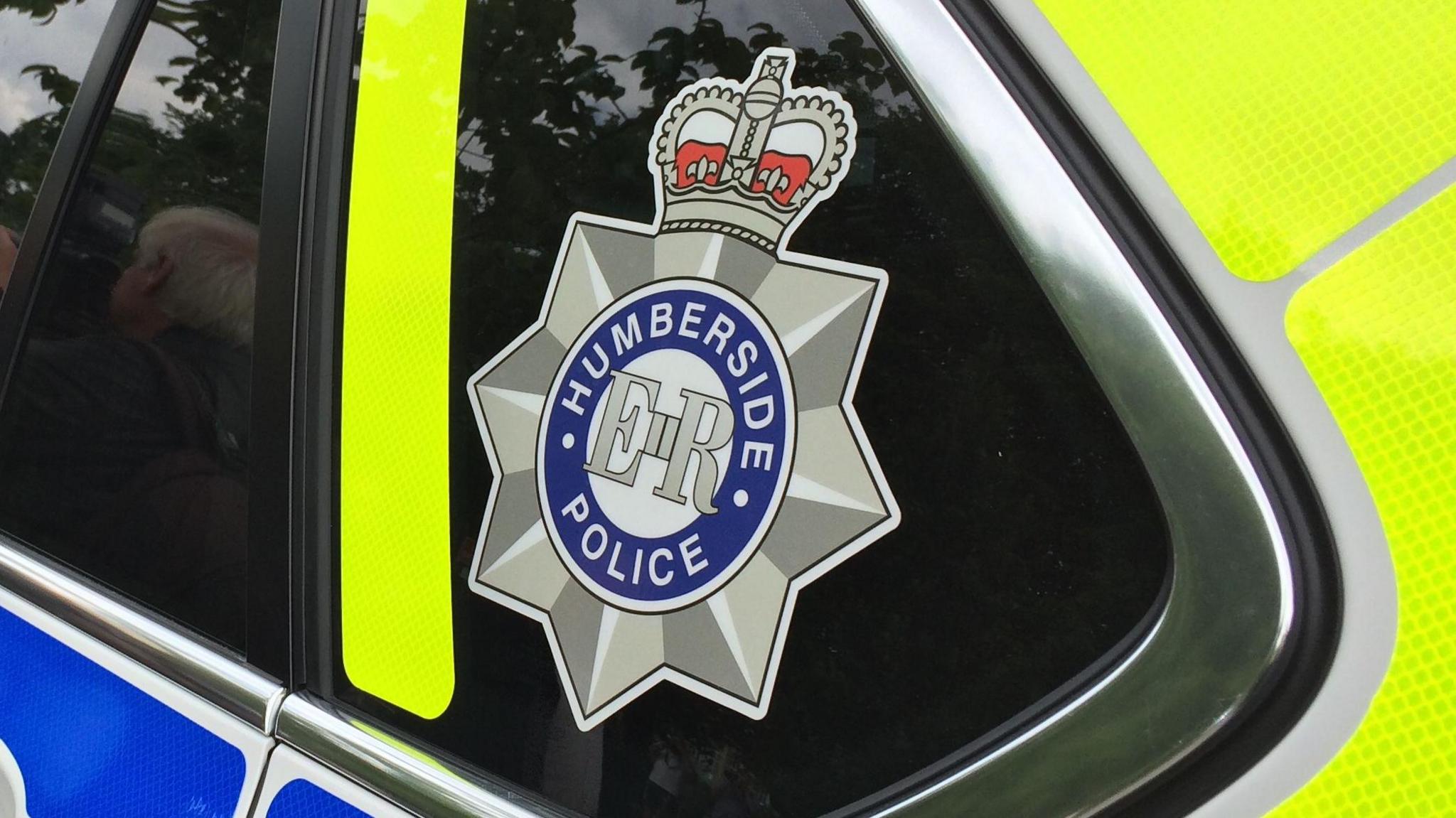
- Published12 September 2024
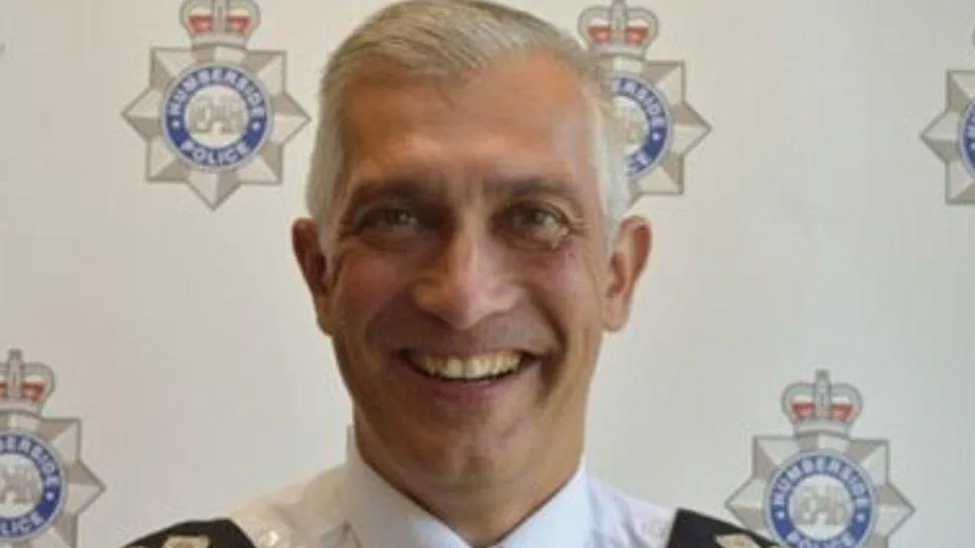
- Published5 December 2024
